Why Wild Horses, Why Now?
"The greatness of a nation and its moral progress can be judged by the way its animals are treated." -Mahatma Gandhi
In 1971, the Wild Free-Roaming Horses and Burros Act was passed to protect wild horses on public lands managed by the Bureau of Land Management (BLM) and the Forest Service in response to the round up and sale for slaughter of wild horses during the preceding century. There are now tens of thousands of wild horses in BLM holding facilities as these mustangs have been rounded up and removed from the wild throughout the west. Habitat loss, drought, and human impact on public lands all contribute to mustangs losing their freedom. As many organizations and the sanctuary explore ways to conserve land for wild horses, managing herd numbers is critical to keep mustangs free in numbers that are healthy for them and for the range they roam. Here at Sky Mountain Wild Horse Sanctuary, providing a haven for the Sky band of mustangs continuously informs all of the sanctuary’s work for wild places where mustangs live free and thrive. The band that once faced a slow, cruel death from starvation during a fierce winter on their territory is now free to roam at the sanctuary forever.
“We can judge the heart of a man by his treatment of animals." -Immanuel Kant
The perception exists that there is a wild horse "overpopulation" problem. Today, many factors affect the range on which mustangs roam. Human impact from mining, oil and gas production, recreation, the grazing of millions of head of privately-owned livestock, and competition between diverse species of wildlife all affect range health. One long-standing argument against having wild horses on public lands is that they are a non-native species that competes for forage with other wildlife and livestock. Science now tells us that the mustangs of today are native to America (Kirkpatrick & Fazio, 2009). The passage of the Free-Roaming Wild Horse & Burro Act of 1971 made illegal many former management practices and was intended to remedy the practice of killing wild horses on public lands while designating wild horse territories where mustangs are protected. The primary method for managing wild horses on public lands since the legislation passed has been continued round-up and removal of mustangs from their home range. Round ups are most often conducted by using helicopters to chase horses, and have resulted in severe injuries and deaths. Wild horses removed from the range are offered for adoption, and most are then sent to long-term holding. Failed adoptions result in abuse and wild horses being sold for slaughter.
"The world is a dangerous place to live; not because of the people who are evil, but because of the people who don't do anything about it." -Albert Einstein
This moment holds true opportunity to revolutionize the treatment of wild horses. The current challenges in wild horse management are an opportunity for learning, strategizing, and change. The sanctuary employs a multifaceted approach to protecting mustangs by providing no-kill, non-breeding life-long sanctuary for vulnerable mustangs where they roam free, through working with partners to keep mustangs free and healthy in the wild by using PZP» (wildlife immunocontraceptive), and by exploring ways to conserve more wild places for mustangs. Valuing freedom, wild horses, wild places and all wildlife drive the sanctuary’s vision and efforts.
You can make a difference and give freedom by Joining Sky Mountain Wild today to partner for sanctuary for vulnerable wild horses and to support humane, science-based, technology-supported action to keep more mustangs free.

